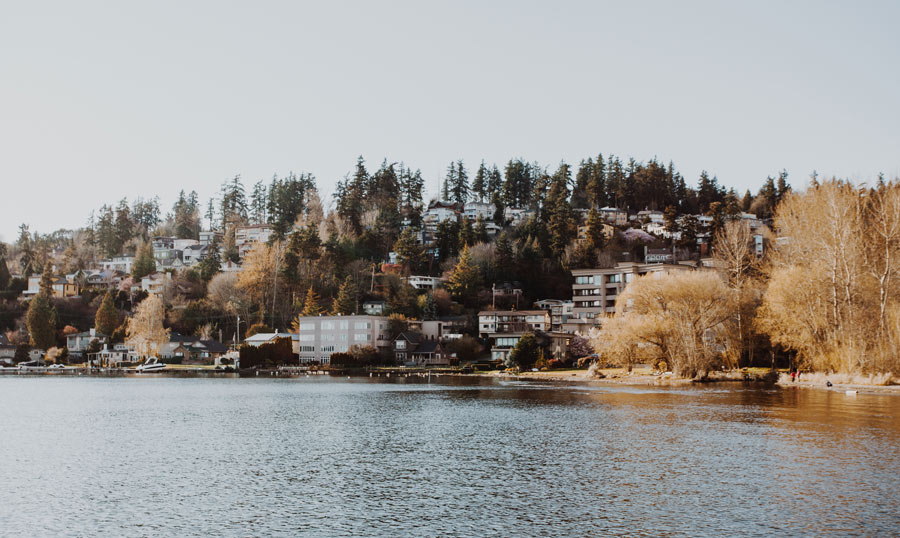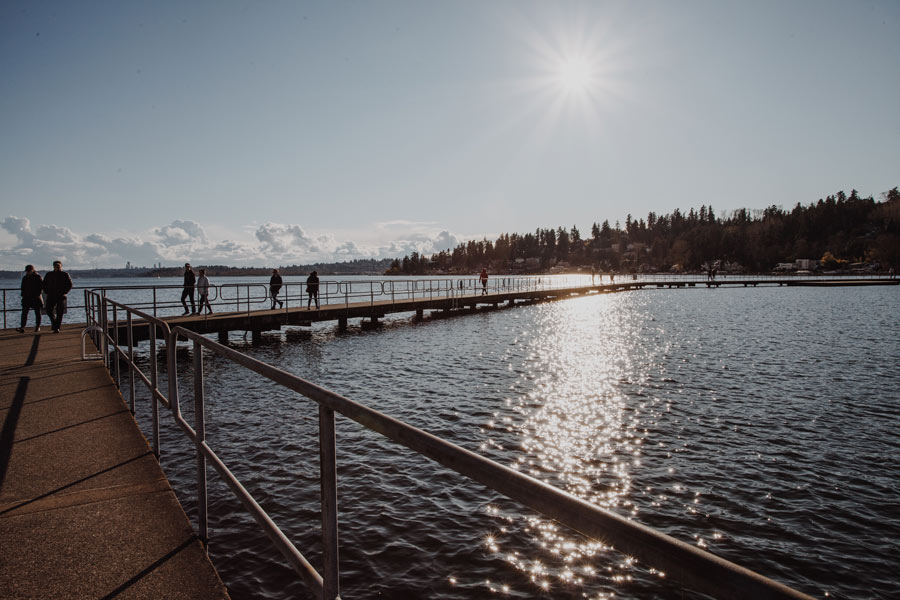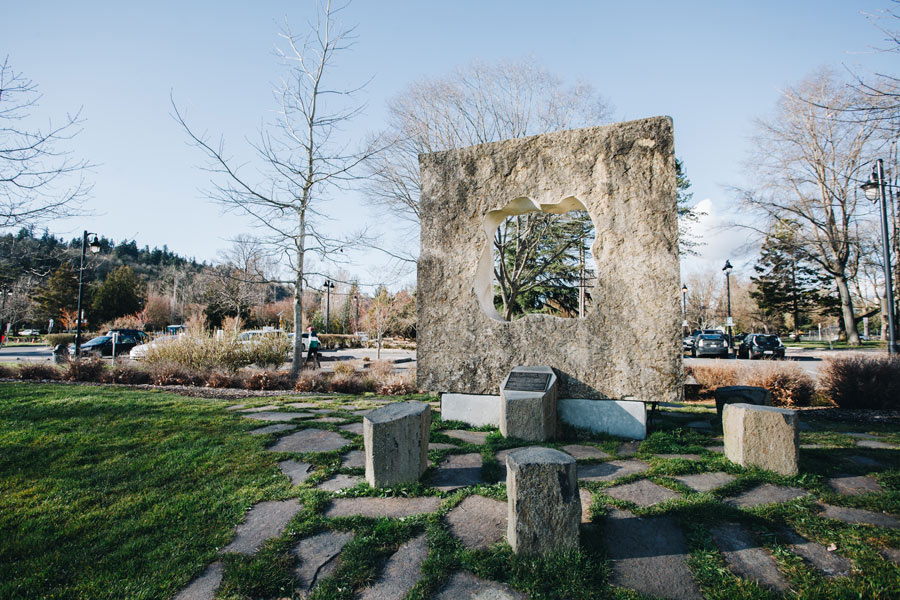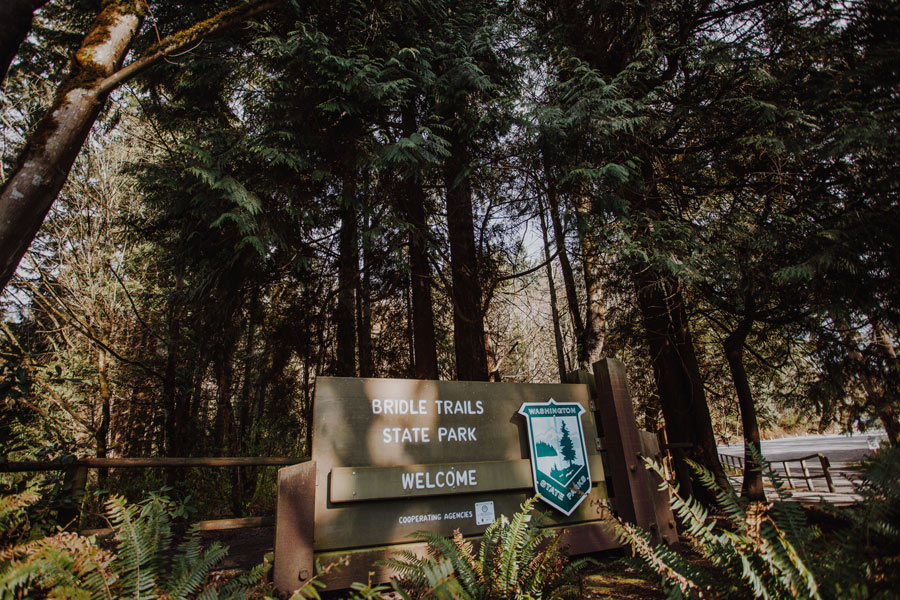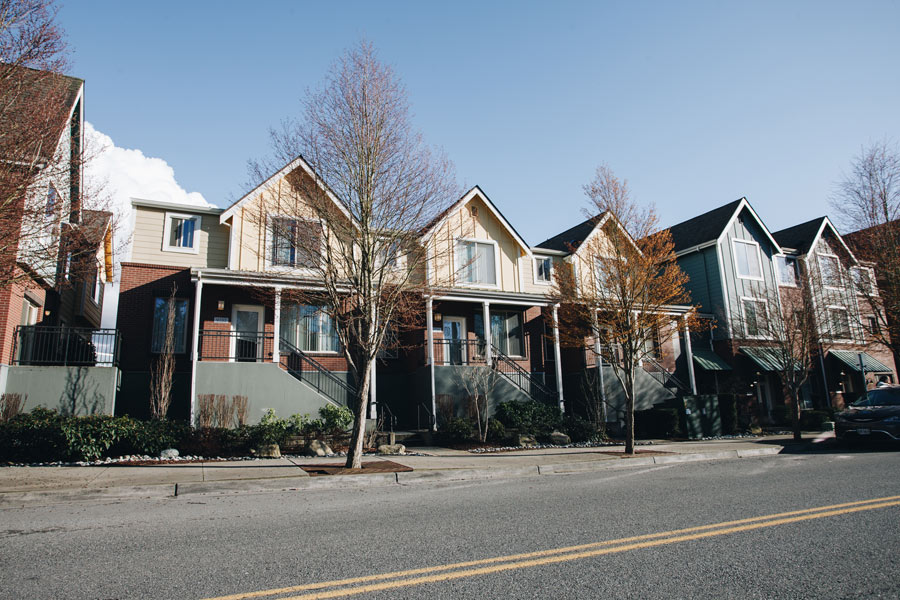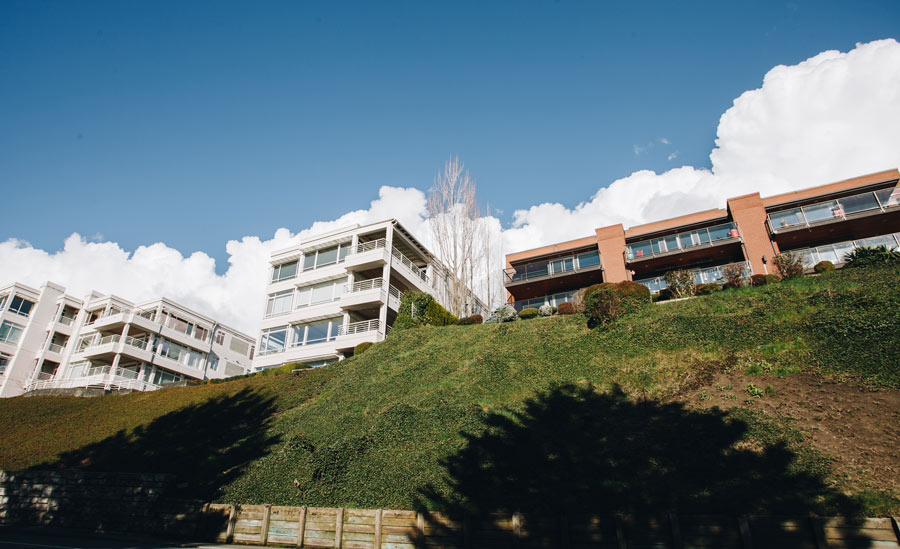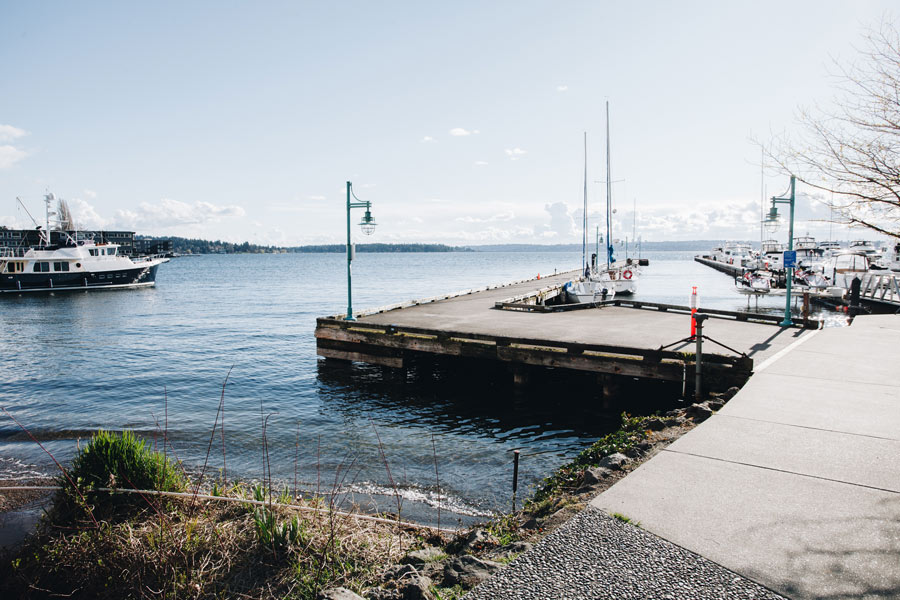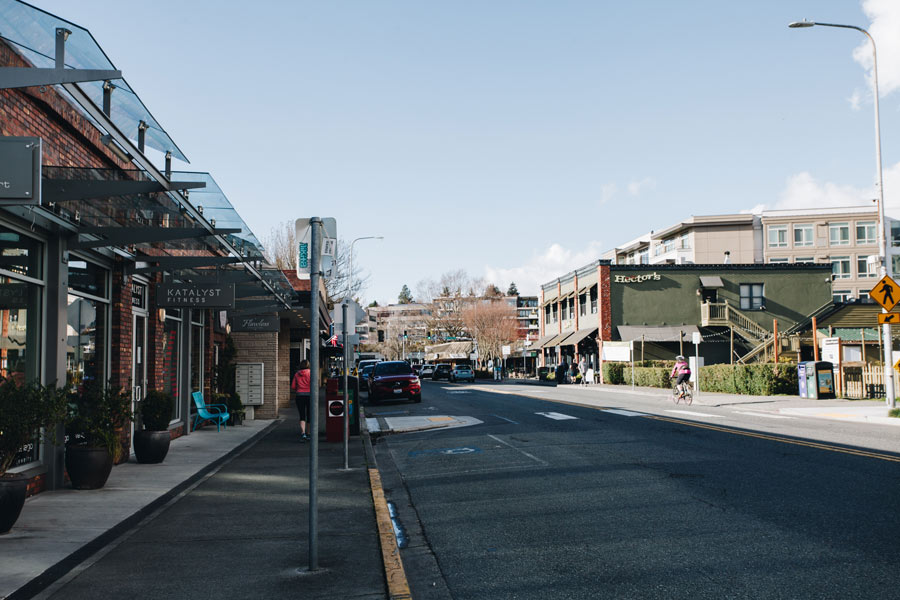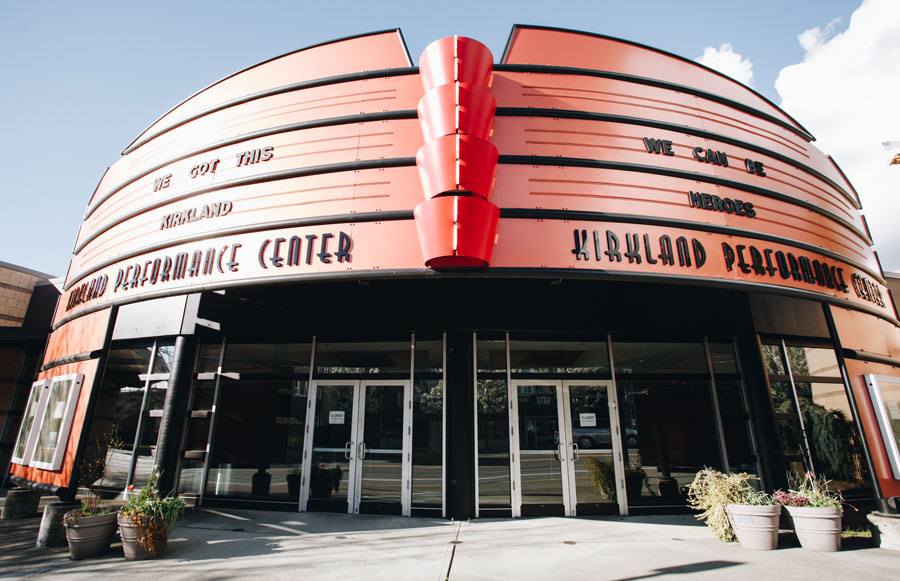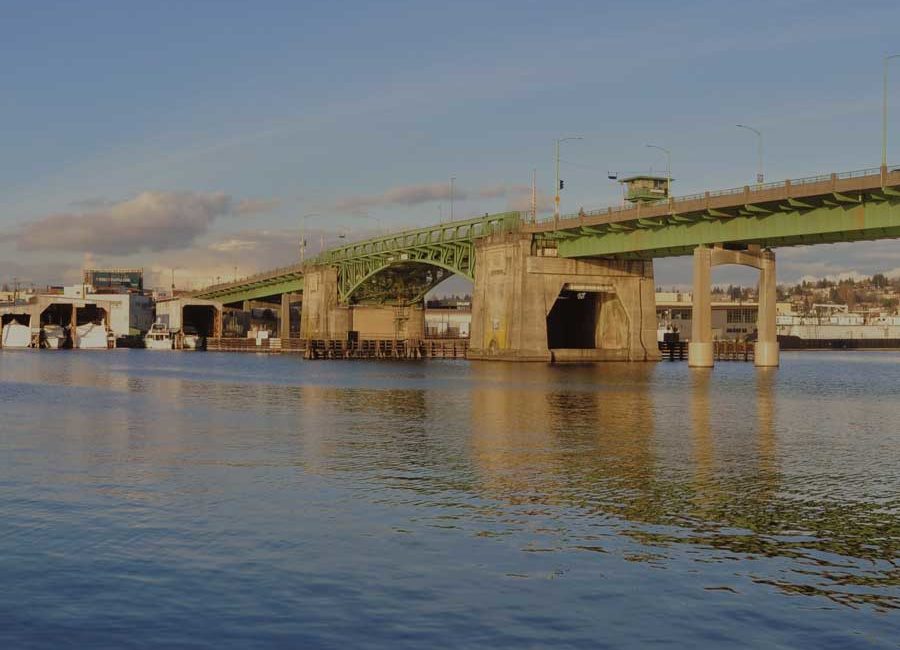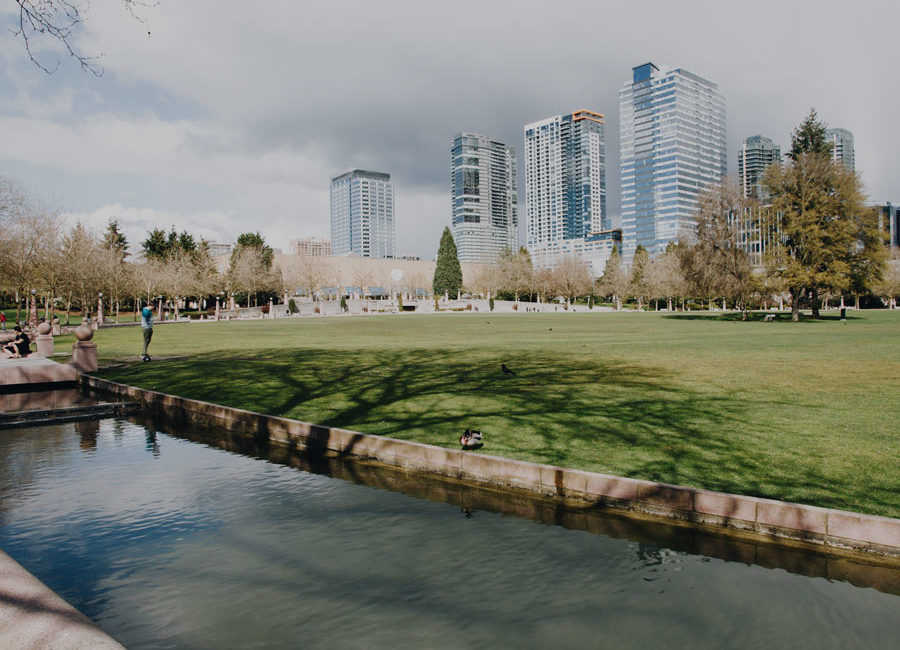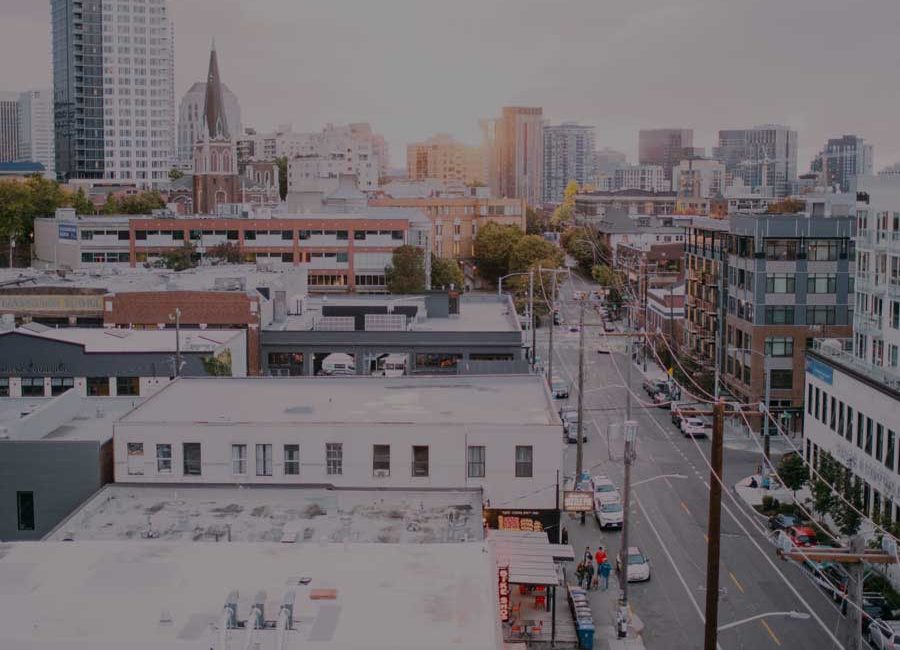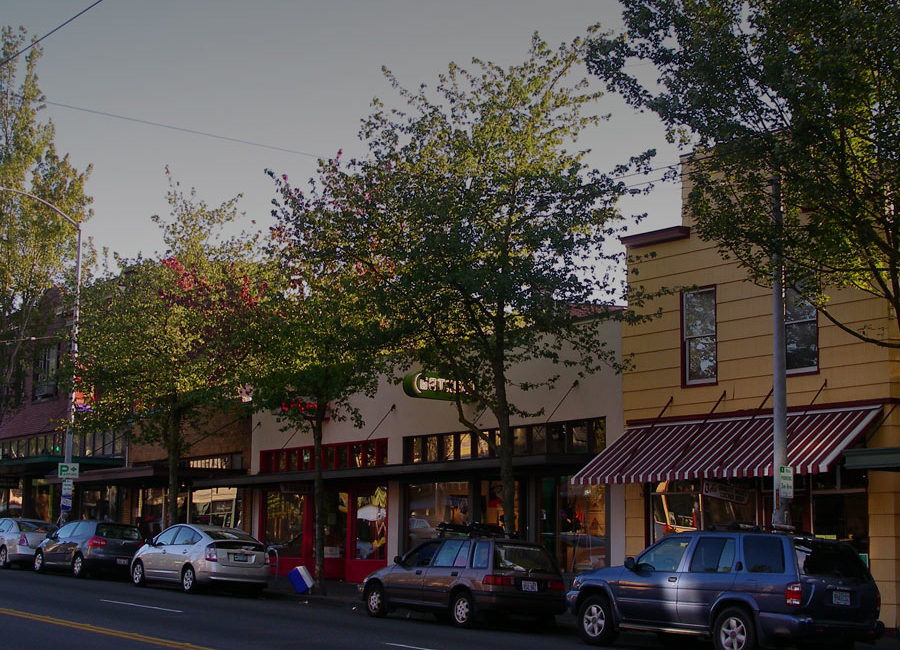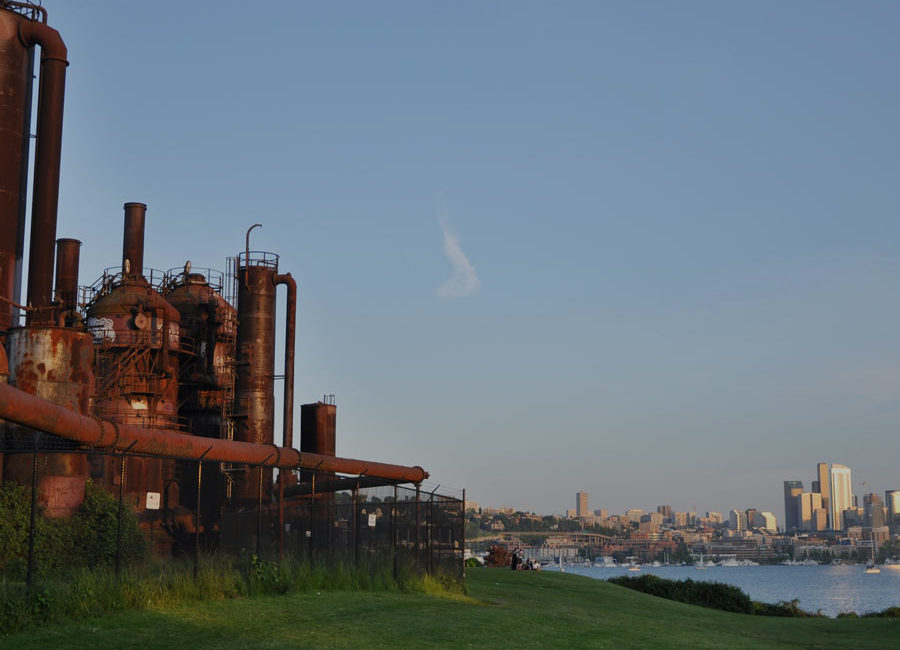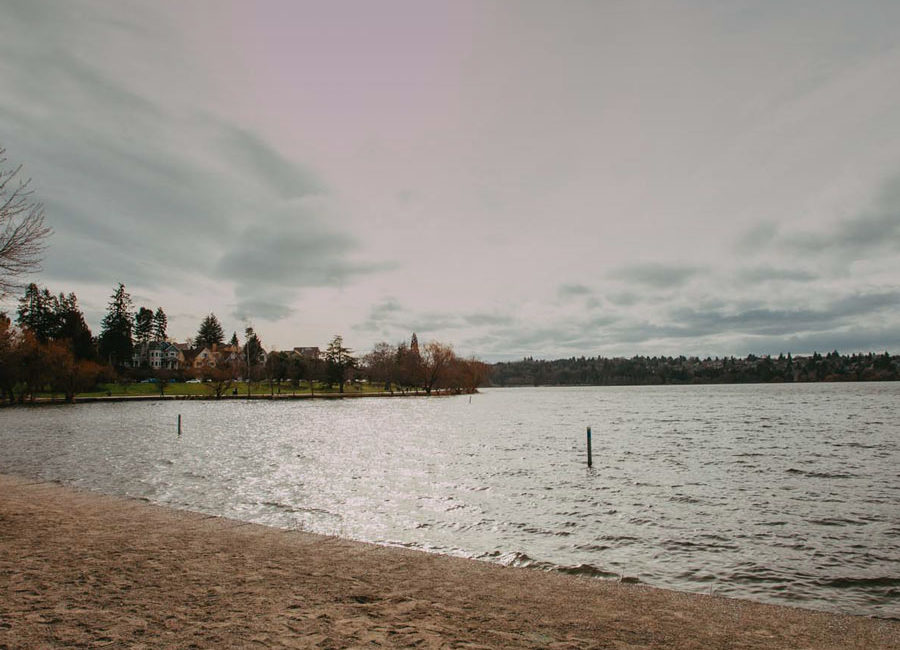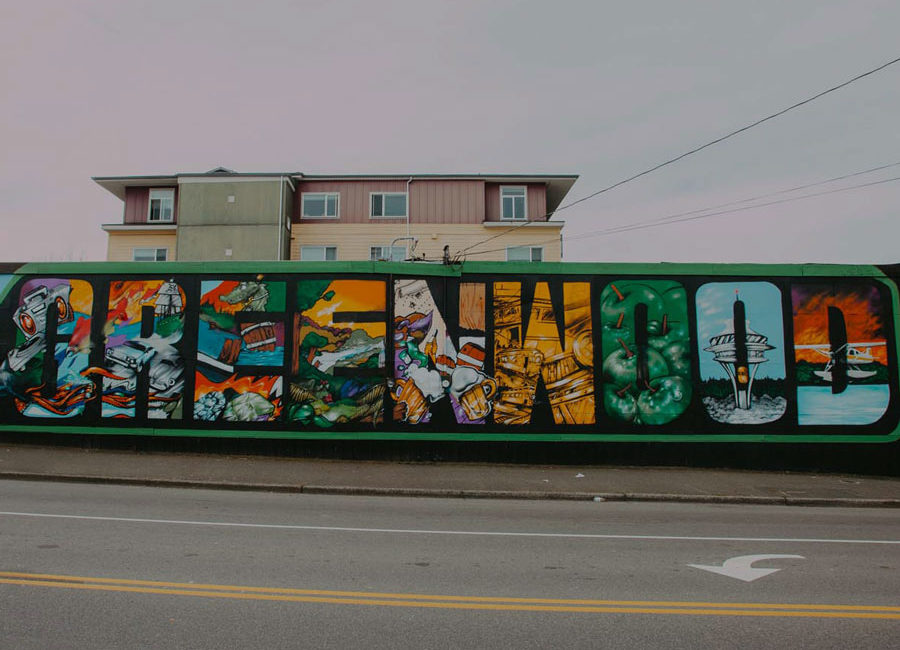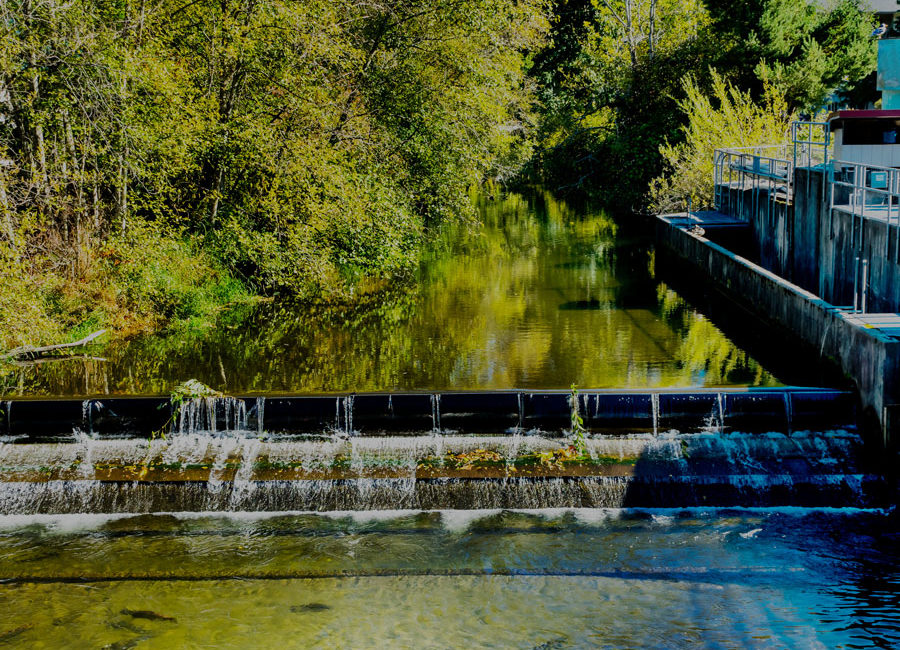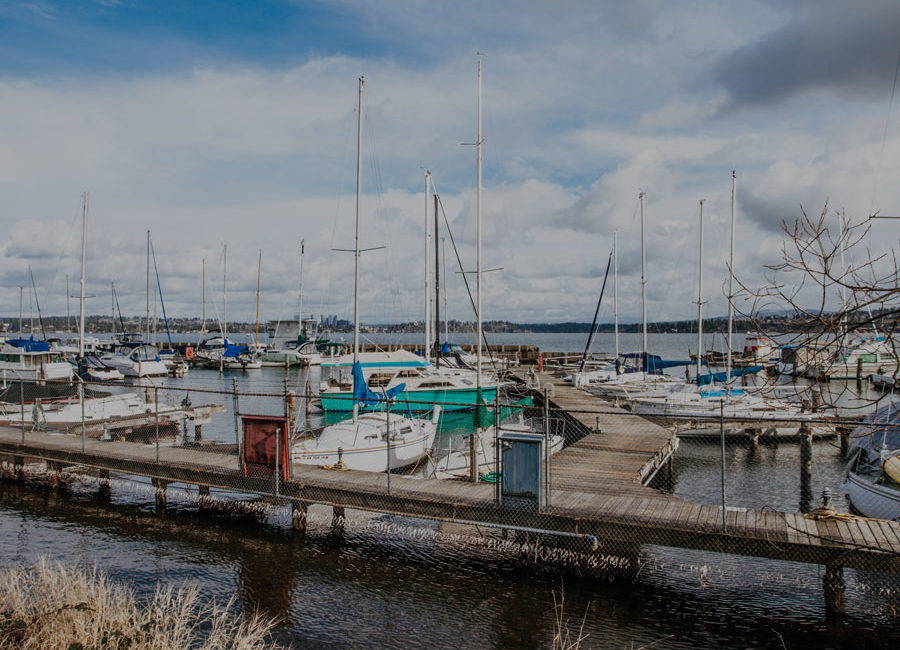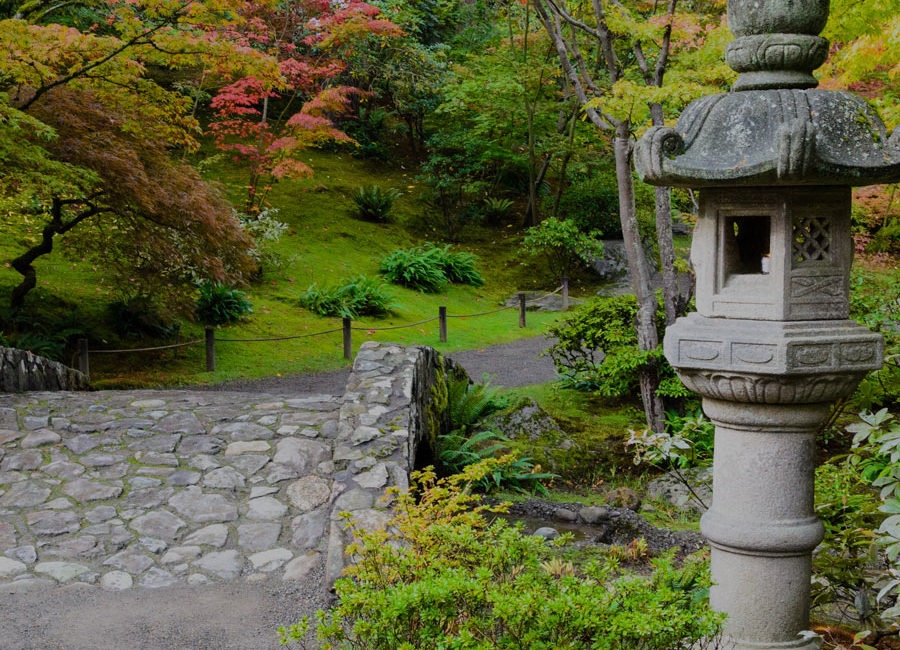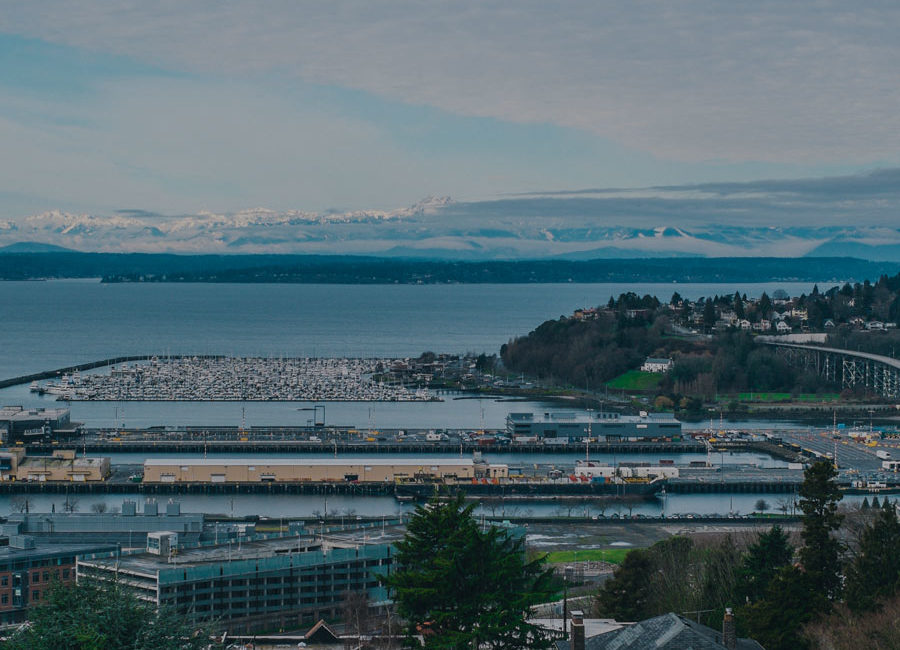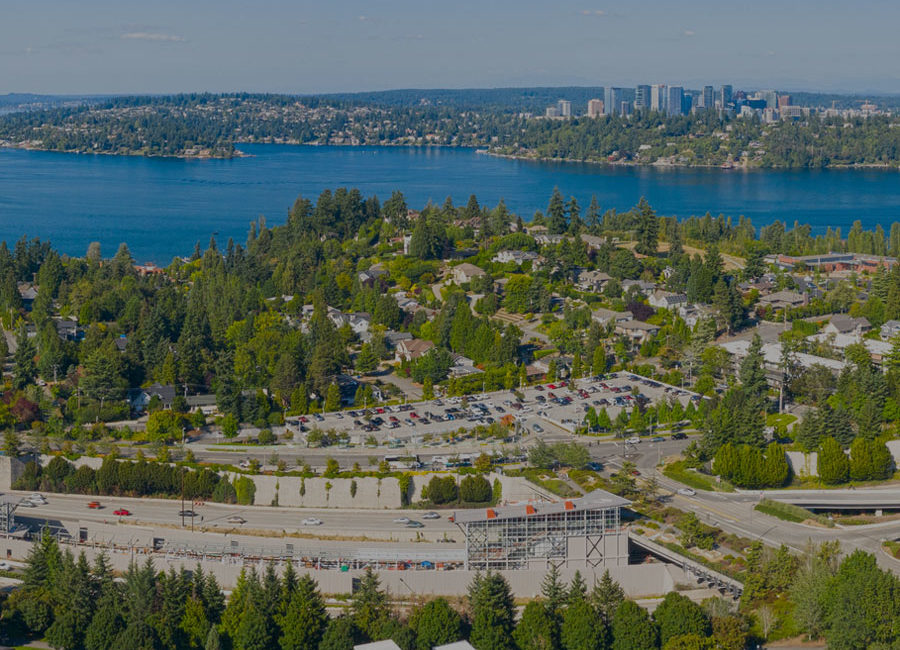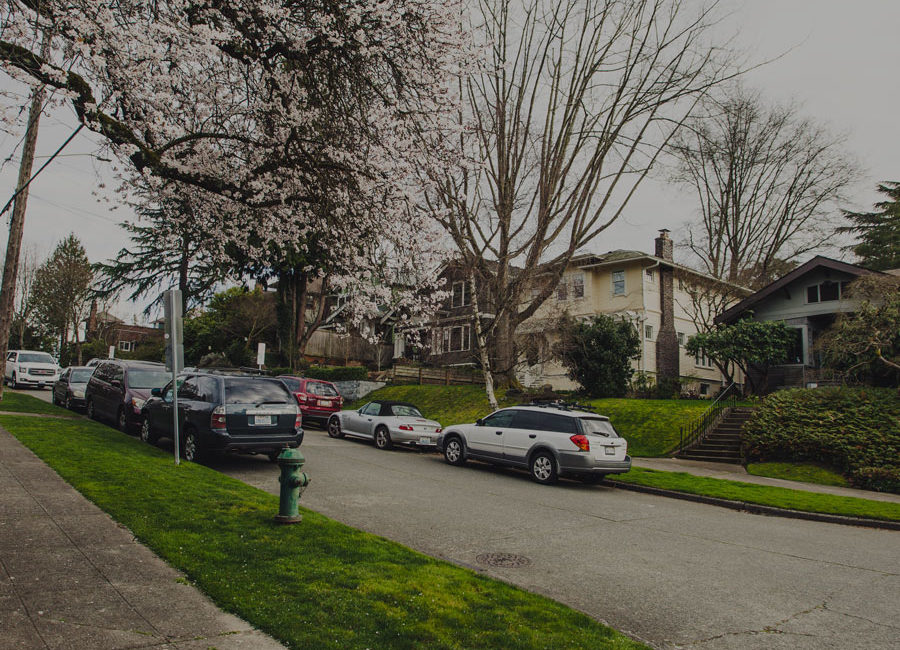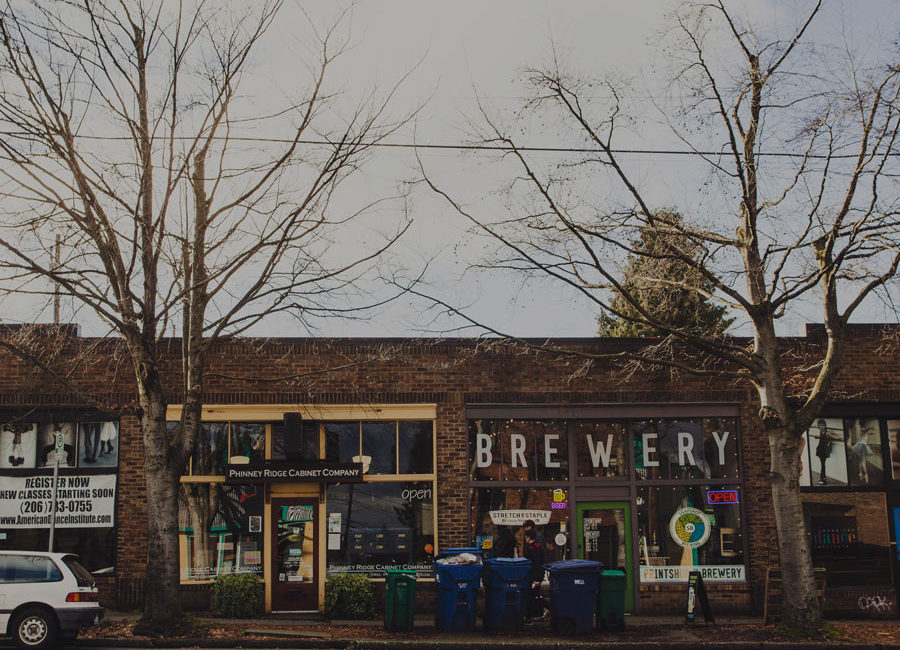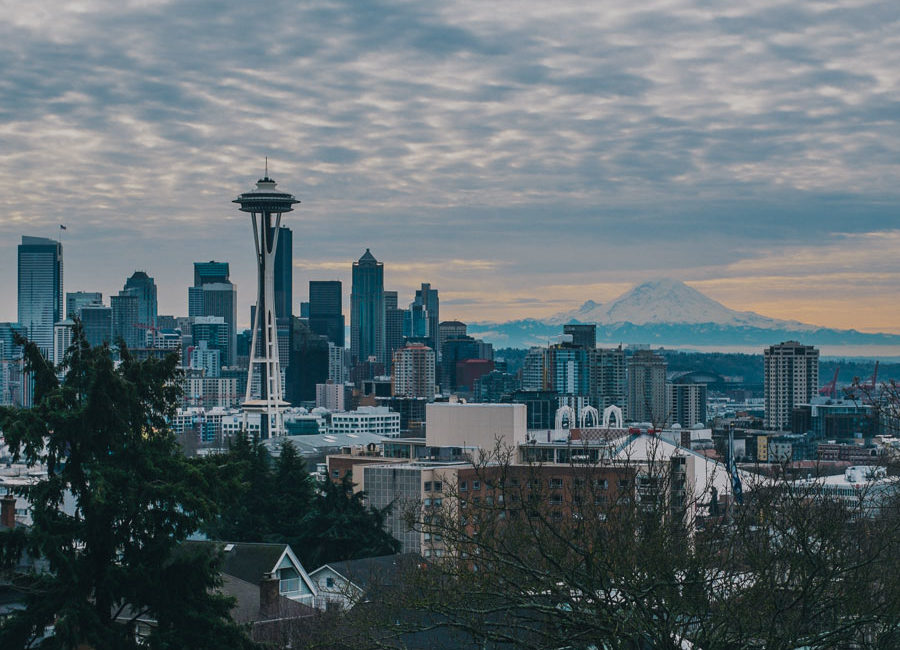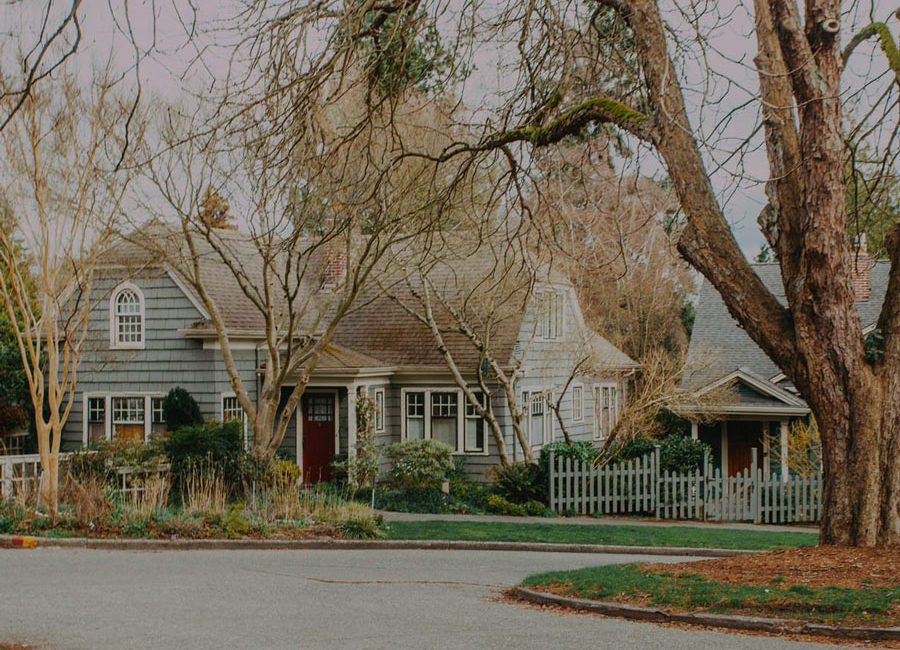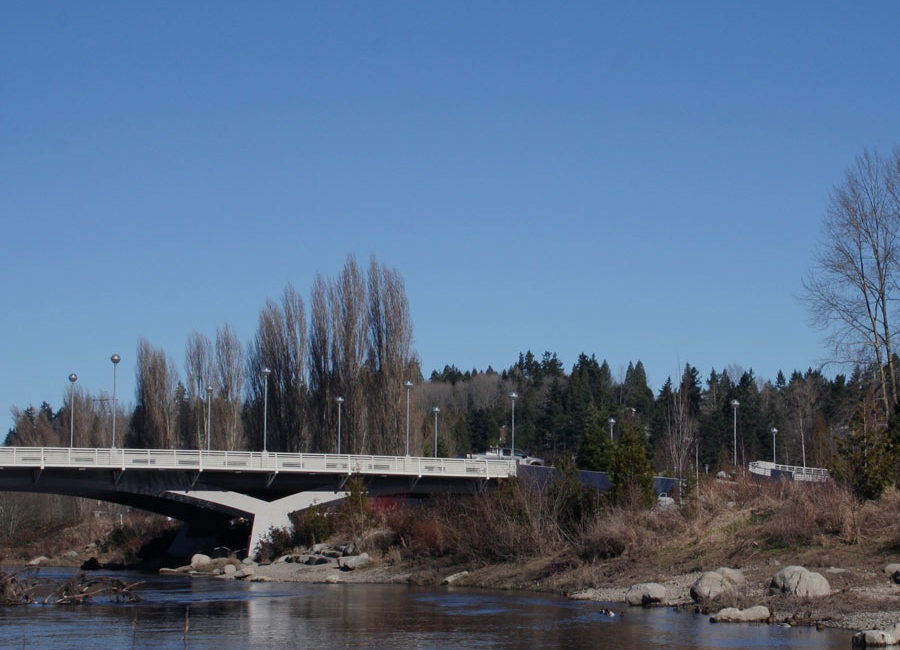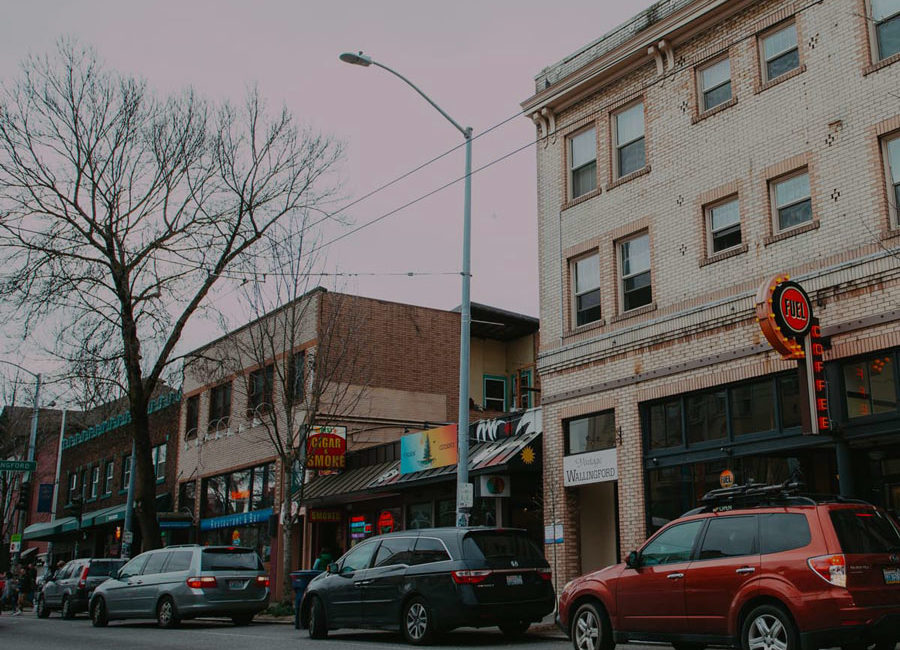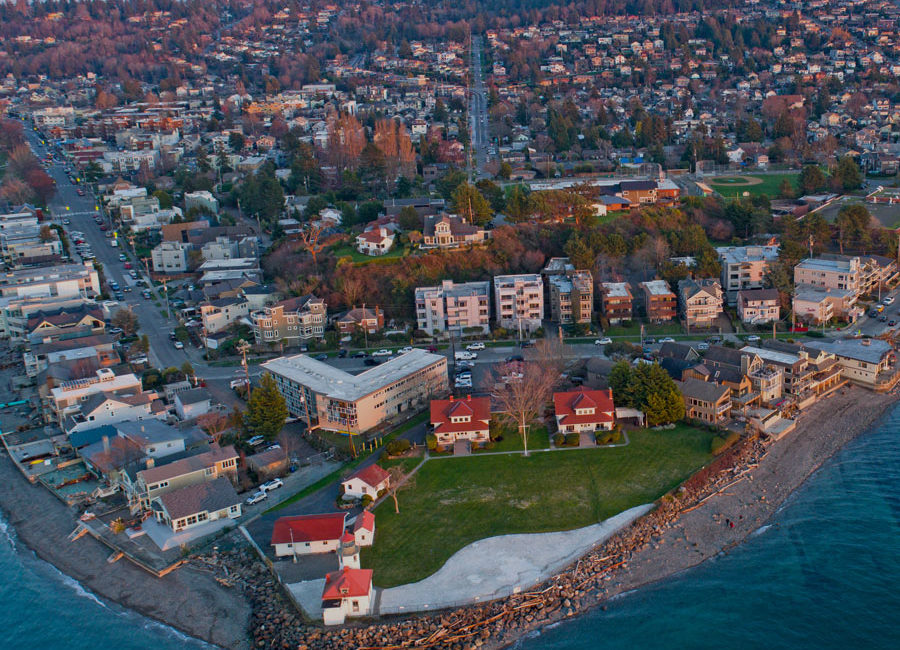Guide to the Eastside:
Kirkland
Located on the northeast shores of Lake Washington, across the lake from Seattle and just north of Bellevue, the rapidly growing city of Kirkland is a quiet, enjoyable community with a thriving downtown area and charming suburban residences. There’s lots to do in the city, and it has a more approachable and affordable appeal for some, compared to the luxurious, higher-end shopping hub of Bellevue to the south.
Kirkland is an ideal city for families as well as young professionals who want to settle down outside of Seattle, but still maintain easy access to the metropolis across the lake. It’s family-friendly, but also has an excellent nightlife downtown with relatively easy-to-find parking and transportation options.
2019 Data at a Glance
Average Home Price:
$762,005
Average Rent:
$2,500/month
Home price trend:
-1.0%
Walk Score (1-100):
49
Number of Parks:
20
Pros & Cons of Living in Kirkland, Washington
Kirkland is a very pleasant suburban city, and many find it to be the perfect place to settle down with their family. There are lots of diverse neighborhoods and housing options, all grouped loosely around the downtown waterfront area. The city has good transportation throughout and also out to other areas in the Greater Seattle region, with good schools, a vibrant community feeling, and some wonderful places to grab a bite to eat.
In the Juanita neighborhood, there’s Padria Mediterranean Cafe, Brix Wine Cafe, Kathakalii Indian Cuisine, and Pizzaiolo Wood Fired Pizza, to name a few. In downtown Kirkland, there are tons of options for dining and imbibing, including Santorini Greek Grill (cash only, but awesome), Hector’s Restaurant near the waterfront, KIWAMI Sushi Bar and Sake House, and Anthony’s HomePort Kirkland for more upscale seafood dining.
The Totem Lake area in north Kirkland is growing rapidly, and promises to offer a lot more in the coming years. For now, there’s Santa Fe Mexican Grill, Cafe Veloce Italian eatery, The Box & Burgers modern Asian fare, Nick’s Grill Tex-Mex, and more.
In addition to excellent schools and things to do for families with kids, Kirkland has some excellent medical and health services — all within a few blocks or a short drive. Whether you’re looking for a chiropractor, massage, acupuncture, or other health service, many wellness professionals make their base in Kirkland instead of Seattle for better access as well as reduced cost of doing business. It’s pretty easy to settle in Kirkland and never have to leave the area, since everything you’ll need is close by.
There are about 20 parks in the greater Kirkland area, with the most popular being Juanita Beach Park and nearby Juanita Bay Park. The beach park has a sandy beach, playground, ball fields, and volleyball and tennis courts, while the bay park is a 110-acre wildlife habitat to explore and sight songbirds, waterfowl, and beavers amidst native foliage.
As Kirkland is growing rapidly, the ongoing construction and infrastructure improvements can be frustrating for some. However, this growth also means that more and more new places to eat and shop will be coming to the city, which may be a pro for some.
History of Kirkland, Washington
Just 20 years after the Denny party landed at Alki Point in Seattle in 1851, the MacGregor and Popham families settled in the area east of Lake Washington. Their homesteads were located just south of the land on which downtown Kirkland now sits. Other families soon came to the area, but it wasn’t until the 1880s when Kirkland really started to grow, thanks to the arrival of British steel tycoon Peter Kirk, for whom the city would be named. He envisioned developing the area to become a “Pittsburgh of the West,” tapping the rich mineral resources of Snoqualmie Pass for steel production. Kirk worked with other businessmen to build the Moss Bay Iron and Steel Works in 1880.
Kirk and his partners expected that a ship canal would open up Lake Washington to trade across the Pacific Rim, but the canal was cut too late for them and the steel works closed in 1893 as a result of a stock market crash — before it had produced any steel.
A few years later, in 1905, Kirkland had a population of 400 and incorporated, focusing on improving infrastructure such as roads and buildings, as well as developing the portion of the shoreline of Lake Washington that was within the city limits.
Beyond steel, ship-building and wool milling quickly became successful industries in Kirkland. The town was home to the state’s first wool mill, established in 1892, which supplied prospectors for the Yukon Gold Rush as well as U.S. military fighting in World War I.
Meanwhile, the ship-building industry in Kirkland grew rapidly after the construction of the ferry boats that transported passengers across Lake Washington. Most of the boats on the lake were built or maintained and repaired in Kirkland, and when the Lake Washington Ship Canal opened in 1917, the city was accessible for boat traffic to and from the Puget Sound and Pacific Ocean. By the 1940s, the shipyards in Kirkland were building warships (more than 25 of them) for the U.S. Navy’s efforts during World War II.
Another big milestone for the city was the opening of the Lake Washington floating bridge in 1940. The bridge eased the access to the area south of Bellevue, which brought more people to the Kirkland area up north. In the 1960s, when the second floating bridge opened north of Bellevue right along Kirkland’s southern border, the Bellevue, Kirkland, and Redmond trifecta was popularly known as Seattle’s Eastside.
Over the 1960s, 70s, and 80s, Kirkland continued to expand and grow, adding the previously separate community and town of Houghton in 1968, and then the neighborhood of Totem Lake in 1974. In 1988, North and South Rose Hill and South Juanita elected to join Kirkland, and at the time were the largest annexations in Washington State in more than 20 years.
Home Prices in Kirkland, Washington
On average, home values in Kirkland are around $762,000. Similar to nearby Bellevue, home values have declined by -1.0% in Kirkland in the past 12 months. But home values here are expected to increase by 5.1% this year. The average list price per square foot in Kirkland is $454, which is below the Seattle average of $511 per square foot and above the Seattle-Tacoma-Bellevue Metro average of $286.
There is a wide variety of home styles in Kirkland, with some older homes (particularly in the Beaux Arts Village community). However, many of the homes in Kirkland are newer construction, with beautiful suburban estates and classic Craftsman-style houses of moderate size. There are a few split-level midcentury style homes as well, and plenty of condominiums, townhomes, and apartment buildings that were constructed in the past 10 to 15 years or more recently.
On average, monthly rent in Kirkland is $2,500. However, many of the apartments for rent in the area have two or three bedrooms. The Seattle-Tacoma-Bellevue Metro median rent is $2,290 per month.
Walk Score & Transportation in Kirkland
The walk score in Kirkland is 49, and it is a very bike-friendly city with a score of 50. The transit score is 49.
There are several bus routes that travel through or to Kirkland from other transit centers in the greater Seattle area and Downtown Seattle neighborhoods. From the Kirkland Transit Center, route 234 goes to Kenmore and the Bellevue Transit Center, route 235 goes to the Kingsgate P&R and Bellevue Sounder train, route 236 goes to the Woodinville P&R, and route 238 goes to the UW/CCC campus, Bothell, and Totem Lake Transit Center. Route 245 travels from the Kirkland Transit Center to Crossroads and Factoria for shopping and business, route 248 has stops at Avondale and the Redmond Transit Center before ending at Kirkland, route 255 stops at the Brickyard P&R and Kirkland before ending in Downtown Seattle, and Sound Transit route 540 travels from Kirkland to the University District in Seattle.
Unique Gems in Kirkland, Washington
Kirkland has a lot going on throughout the year! Every January 1, there’s a Polar Bear Plunge from the Marina Park, where participants plunge into Lake Washington as a hardcore start to the new year. On the first Sunday of every month, there is a free, family-friendly one-hour interpretive tour of Juanita Bay Park. Numerous jazz and other music events and performances happen during the year as well. There’s a weekly farmers market from 2 to 7 p.m. on Wednesdays from June through September in the Marina Park, with fresh produce and locally made goods, as well as gifts, handmade items, and more.
In addition, the following unique gems make this city special:
Kirkland Performance Center: With 394 seats, all with excellent proximity and views of the stage, the Kirkland Performance Center theater is set in the heart of the city and has popular band performances and music events that draw visitors from throughout the city and beyond. The Presented Season has a lot to offer any taste in culture and the arts, with everything from musicals to the Seattle Rock Orchestra performing Pink Floyd.
Bridle Trails State Park: With nearly 500 acres of beautiful woodland space, Bridle Trails State Park is a Washington State gem, as well as one on the edge of Kirkland and its bordering cities of Redmond and Bellevue. There are 28 miles of trails for hiking, running and horseback riding, as well as four outdoor arenas for equestrian shows and events (hence the name). Bridle Trails is sometimes called “the wilderness in the city,” and is often frequented by Eastside residents as an urban getaway spot. The park also has a 1.6-mile-long self-guided interpretive trail.
Mercurys Coffee Co.: A favorite stop for organic coffee, baked goods, breakfast, and sandwiches, Mercurys Coffee has a couple of locations in Kirkland and the Totem Lake neighborhood. There can be a long line at times, but it’s worth the wait for an exceptional coffee beverage.
DERU Market: Open Wednesday through Sunday each week, DERU Market is a sleek, modern eatery and market that serves tasty breakfast dishes such as scrambles and French toast, as well as lunch and dinner with sandwiches, salads, and wood-fired pizzas. Ingredients are organic, seasonal, and locally sourced, and everything is cooked from scratch daily.
Alanya Cafe: With American-Turkish fare in a quaint Mediterranean restaurant, Alanya Cafe is a great spot to get yummy breakfast, lunch, and dinner. There are good-sized sandwiches, delicious gyros, and other favorites. Popular dishes include the Sucuklu Toast, Doner Sandwich or Salad, and kebabs. There’s also Pide Turkish Pizza and sweet treats such as the Turkish favorite, baklava.

